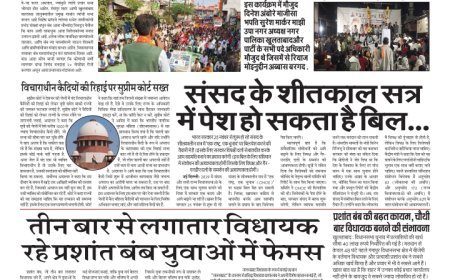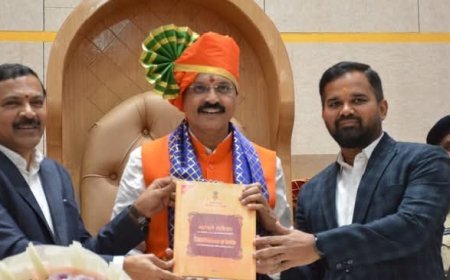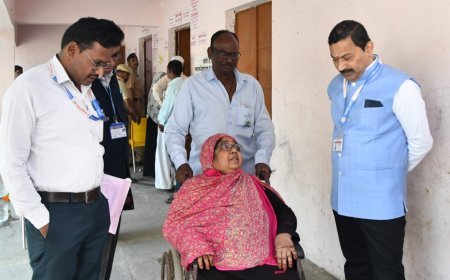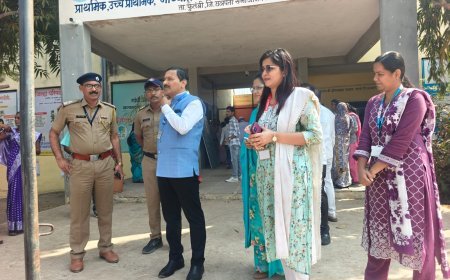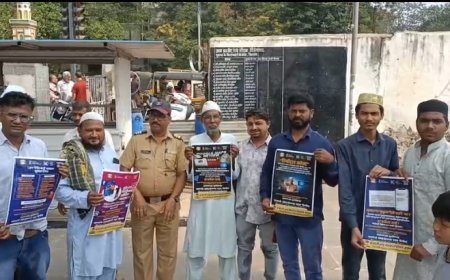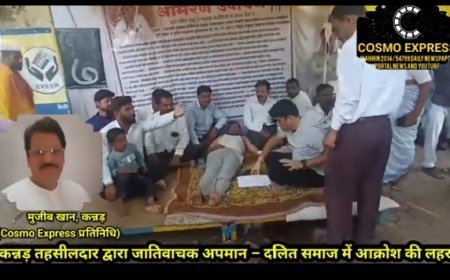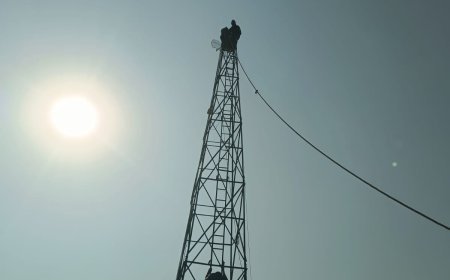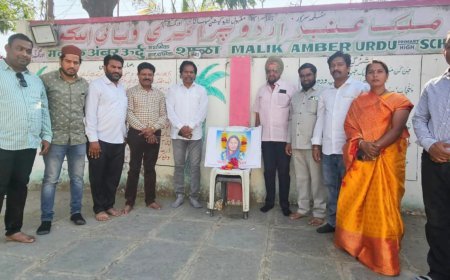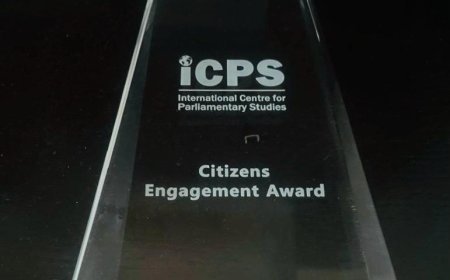Explanation of the Wakf (Amendment) Bill, 2024
The Waqf (Amendment) Bill, 2024 Explained On August 8, 2024, two bills, the Waqf (Amendment) Bill, 2024, and the Mussalman Wakf (Repeal) Bill, 2024, were introduced in the Lok Sabha with an aim to streamline the Waqf Board's work and ensure the efficient management of Waqf properties. The objective of the Waqf (Amendment) Bill, 2024, is to amend the Waqf Act, 1995, to redress the issues and challenges in regulating and managing Waqf properties. The Amendment Bill seeks to improve the administration and management of Waqf properties in India. It aims to: Overcome the shortcomings of the previous act and enhance the efficiency of Waqf boards by introducing changes such as renaming the Act Updating the definitions of Waqf Improving the registration process Increasing the role of technology in managing Waqf records. The following FAQs provide an understanding of the Waqf Amendment 2024 Bill. What are the administrative bodies responsible for Waqf management in India and what are their roles? The administration of Waqf properties in India is presently governed by the Waqf Act, 1995, which is enacted and regulated by the Central Government. The key administrative bodies involved in Waqf management include: The Waqf Act of 1995, enforced by the Central Government, currently regulates Waqf properties. The main administrative bodies are: Central Waqf Council (CWC) – Advises the government and State Waqf Boards on policy but does not directly control Waqf properties. State Waqf Boards (SWBs) – Manage and protect Waqf properties in each state. Waqf Tribunals – Exclusive judicial bodies that handle disputes related to Waqf properties. This system ensures better management and faster resolution of issues. Over the years, legal changes have made Waqf administration more transparent, efficient, and accountable. What are the issues concerned with Waqf Board? Irrevocability of Waqf Properties The principle "once a Waqf, always a Waqf" has led to disputes, such as claims over islands in Bet Dwarka, which have been deemed perplexing by courts as well. Legal Disputes & Poor Management: The Waqf Act, 1995, and its 2013 amendment have not been effective. Some problems include: Illegal occupation of Waqf land Mismanagement and ownership disputes Delays in property registration and surveys Large-scale litigation cases and complaints to the Ministry No Judicial Oversight Decisions by Waqf Tribunals cannot be challenged in higher courts. This reduces transparency and accountability in Waqf management. Incomplete Survey of Waqf Properties The Survey Commissioner’s work has been poor, leading to delays. In states like Gujarat and Uttarakhand, surveys have not yet begun. In Uttar Pradesh, a survey ordered in 2014 is still pending. Lack of expertise and poor coordination with the Revenue Department have slowed the registration process. Misuse of Waqf Laws Some State Waqf Boards have misused their powers, leading to community tensions. Section 40 of the Waqf Act has been widely misused to declare private properties as Waqf properties, causing legal battles and unrest. As per information out of 30 States/UTs, data was given only by 8 States where 515 properties have been declared as Waqf under Section 40. Constitutional Validity of the Waqf Act The Waqf Act applies only to one religion, while no similar law exists for others. A PIL (Public Interest Litigation) has been filed in the Delhi High Court, questioning whether the Waqf Act is constitutional. The Delhi High Court has asked the Central Government to respond to this issue. What steps and stakeholder consultations were undertaken by the Ministry before introducing the bill? The Ministry of Minority Affairs consulted various stakeholders which interalia includes; report of the Sachar Committee, concern raised by public representatives, Media and general public regarding mismanagement, misuse of powers of Waqf act and underutilization of Waqf Properties by the Waqf institutions. The Ministry also consulted with State Waqf Boards. The Ministry initiated the process of review of provisions of Waqf Act, 1995 and had consultations with stakeholders. Two meetings were conducted- one in Lucknow on 24.07.23 and another one at New Delhi on 20.07.23 wherein most of the following issues were discussed in detail. The consensus was emerged to make suitable amendment in the Act to solve the problems of the affected stakeholders. Widening The Base of CWC (Central Waqf Council) and SWB (State Waqf Board) Composition Role And Responsibilities of Mutawallis Re-Structuring of Tribunals Improve The Process of Registration Declaration Of Titles Survey Of Waqf Properties Mutation Of Waqf Properties Filing Of Accounts by Mutawallis Reforms In Filing Annual Accounts Review Of Provisions Related to Evacuee Properties/ Limitation Act Scientific Management of Waqf Properties Further, the Ministry has also analysed the international practices on Waqf
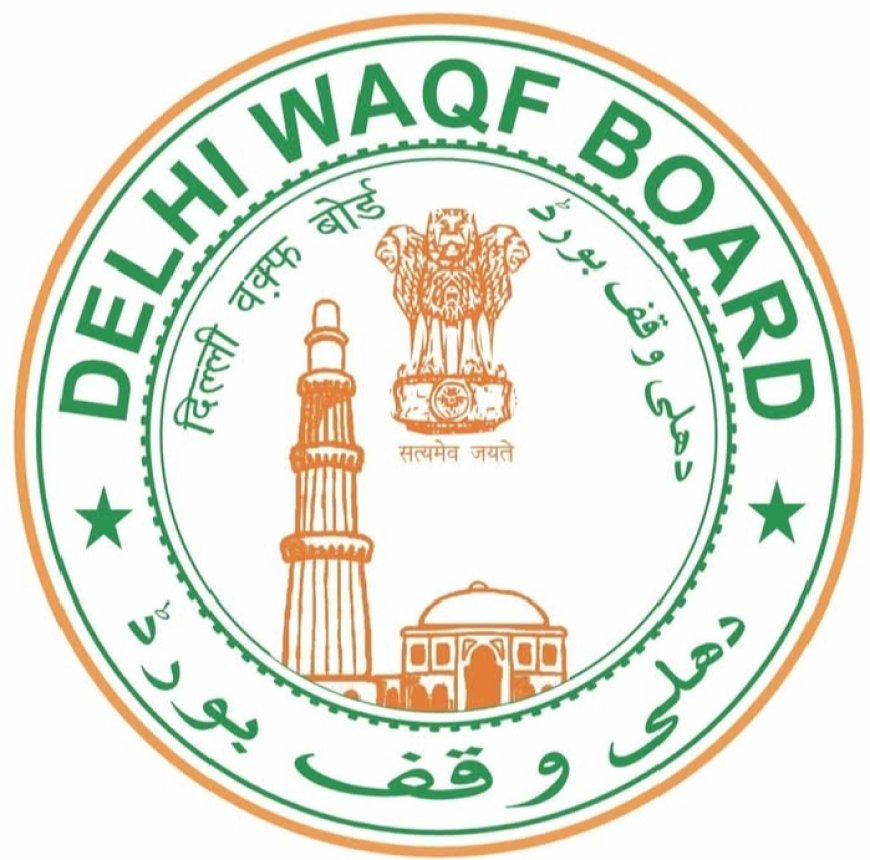
1. The Waqf (Amendment) Bill, 2024 Explained On August 8, 2024, two bills,

What's Your Reaction?










